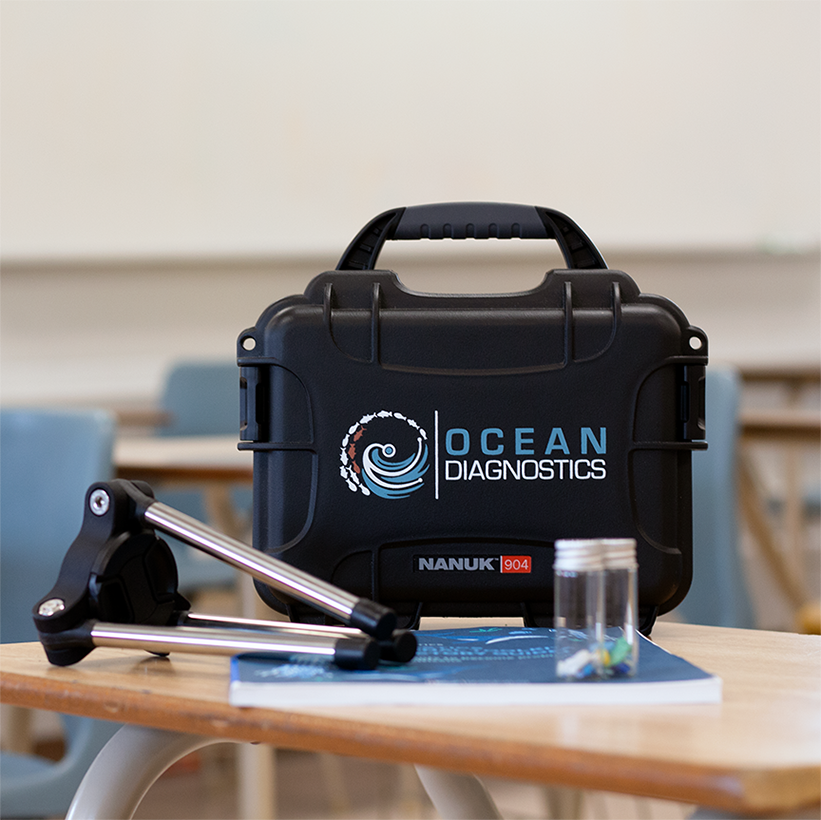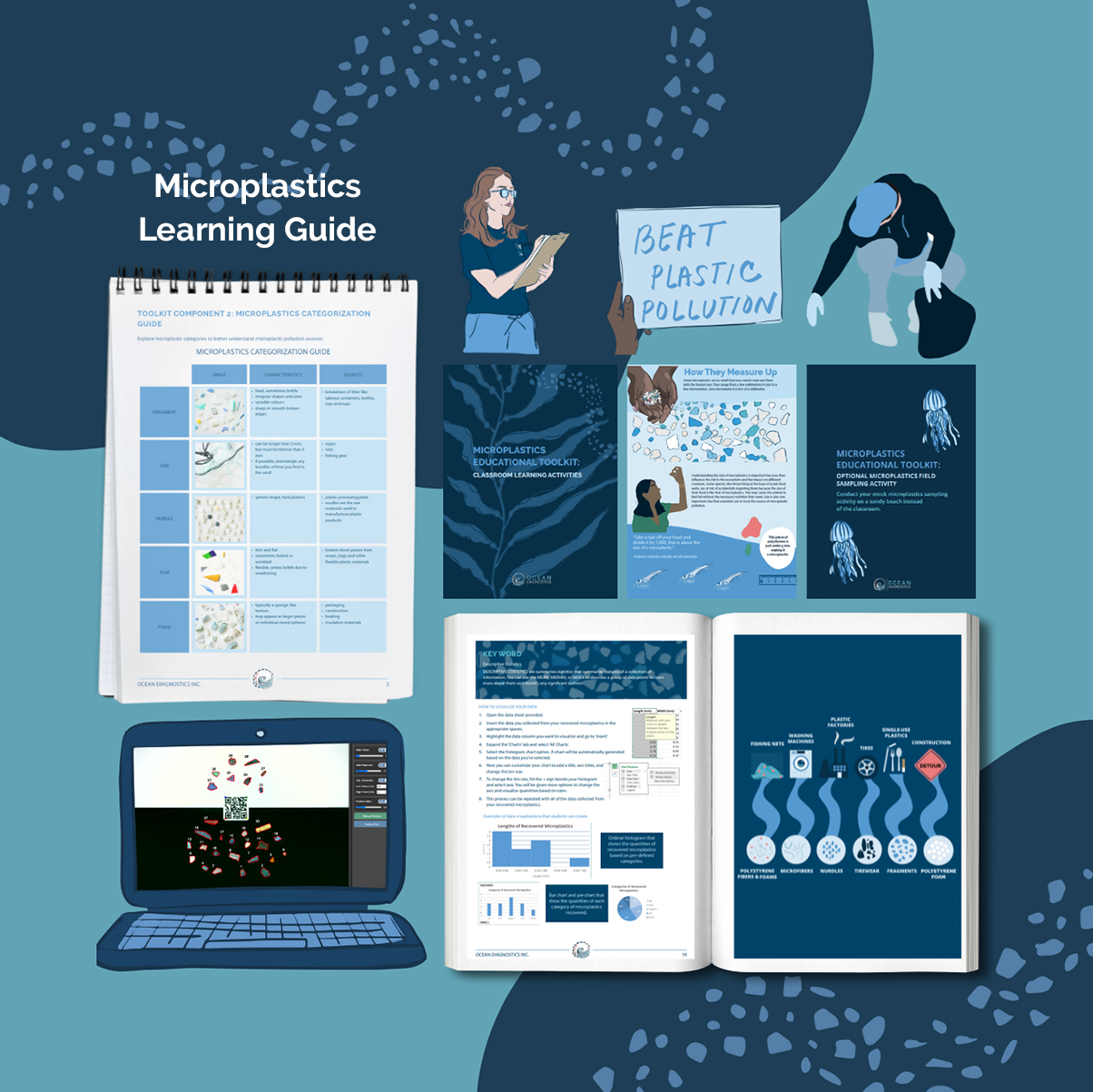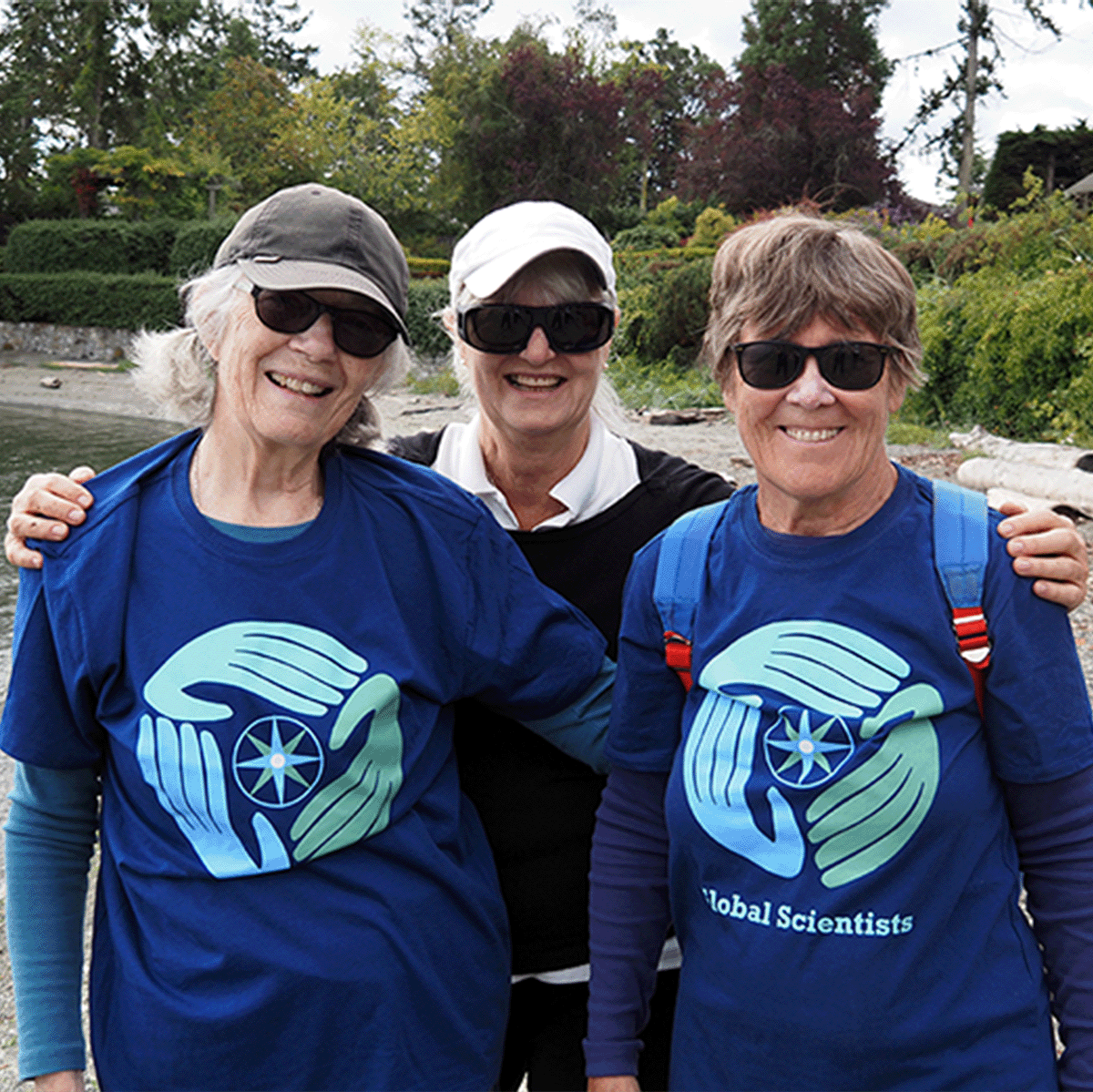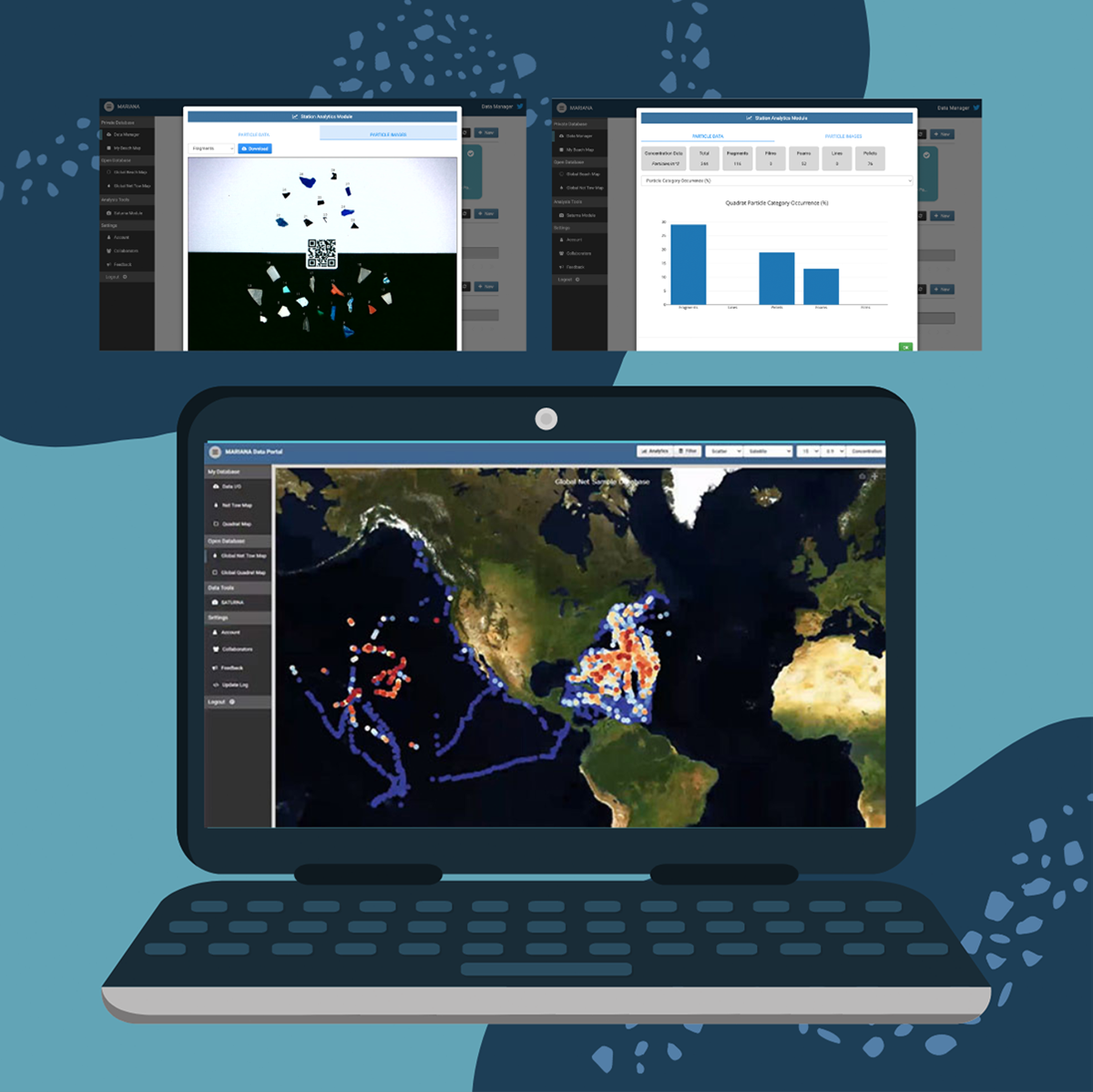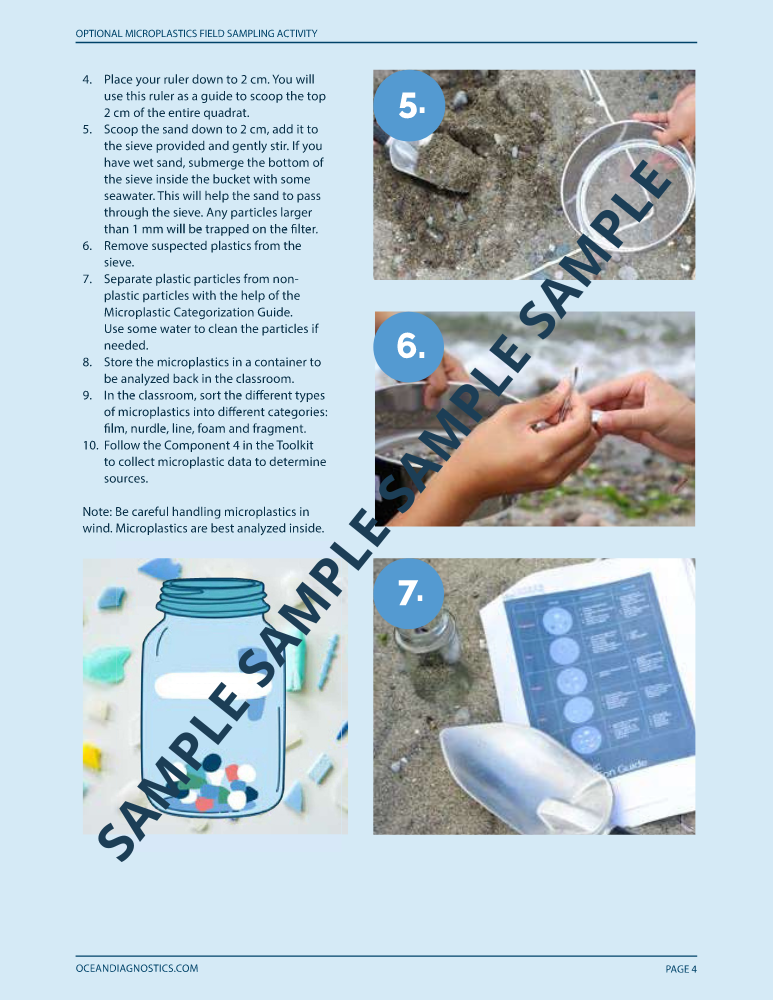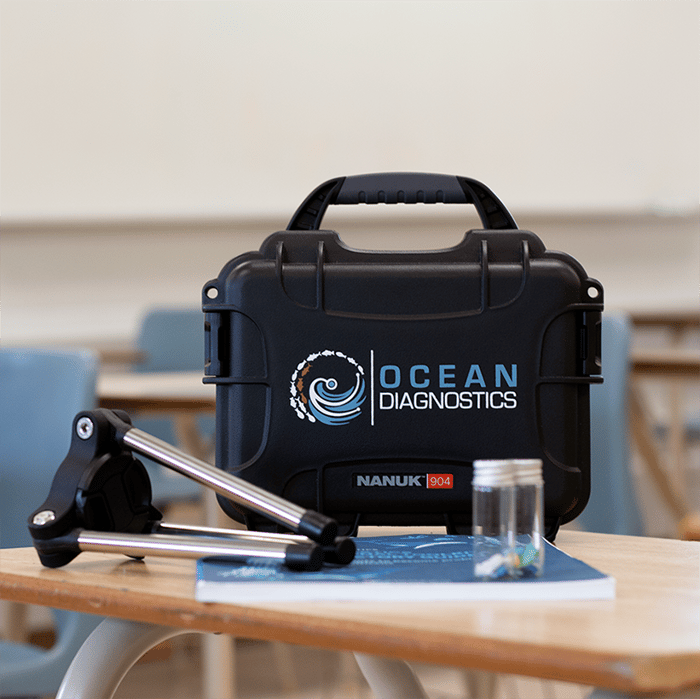
Microplastics Community Science and Education Toolkit
$899.99Empower community scientists, schools and environmental enthusiasts with the resources, tools and technology to contribute real microplastic data and create real change. Use step-by-step guides and training videos to learn about microplastic pollution, conduct microplastic surveys on your local sandy beach, upload and interpret the data using the first-of-its-kind Saturna Imaging System, and engage the larger community in results and solutions.


